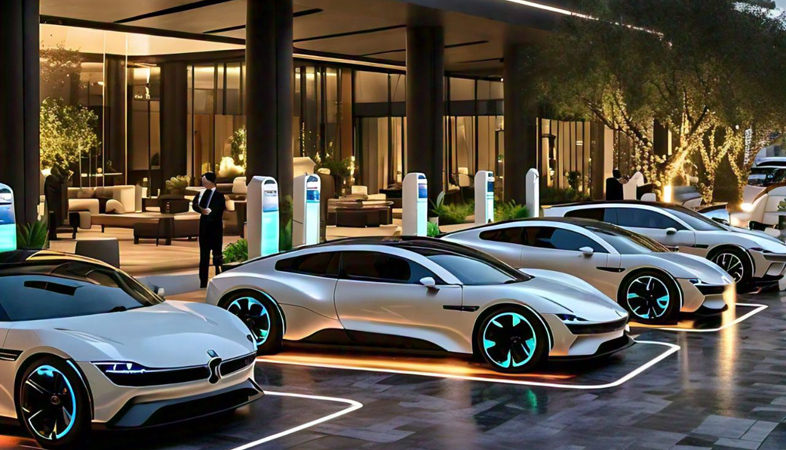SHARE
Commercials
More Posts
Apr 22, 2025
Malabar Sizzling Prawns - By Vishal Raghunath Yadav
May 12, 2025
Avare Kalu Akki Roti - By Chef Bharath Bhushan C
Jul 03, 2025
Indo Chinese Chicken Soup - By Chef Rohit Anand
May 04, 2025
Jodhpuri Palak Paratha - By Chef Lallan Kumar
Apr 22, 2025
Malabar Sizzling Prawns - By Vishal Raghunath Yadav
May 12, 2025
Avare Kalu Akki Roti - By Chef Bharath Bhushan C
Jul 03, 2025
Indo Chinese Chicken Soup - By Chef Rohit Anand
May 04, 2025
Jodhpuri Palak Paratha - By Chef Lallan Kumar
Apr 22, 2025
.png)




























